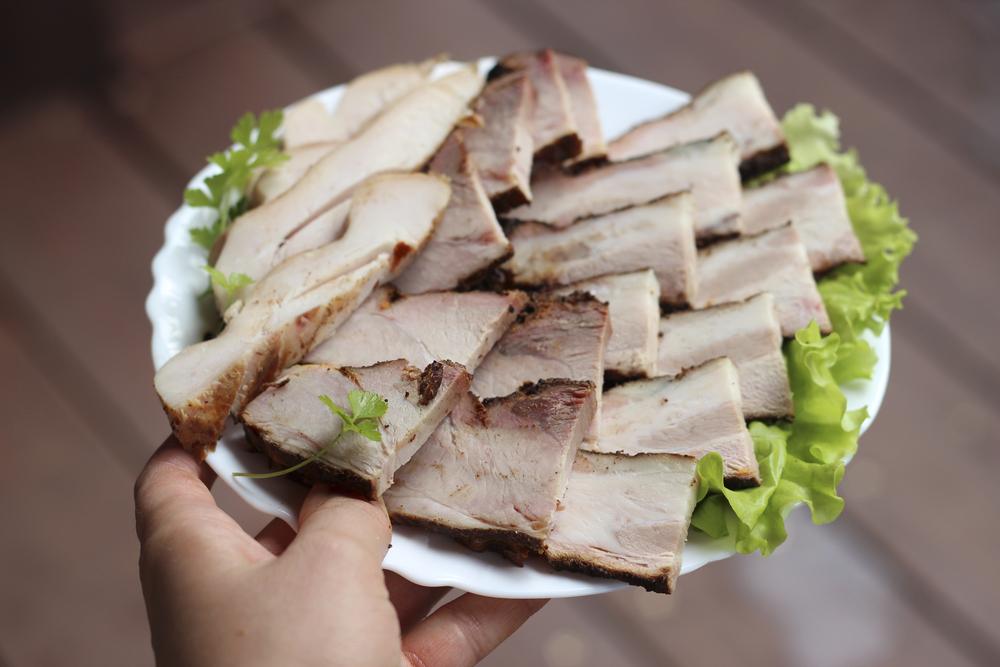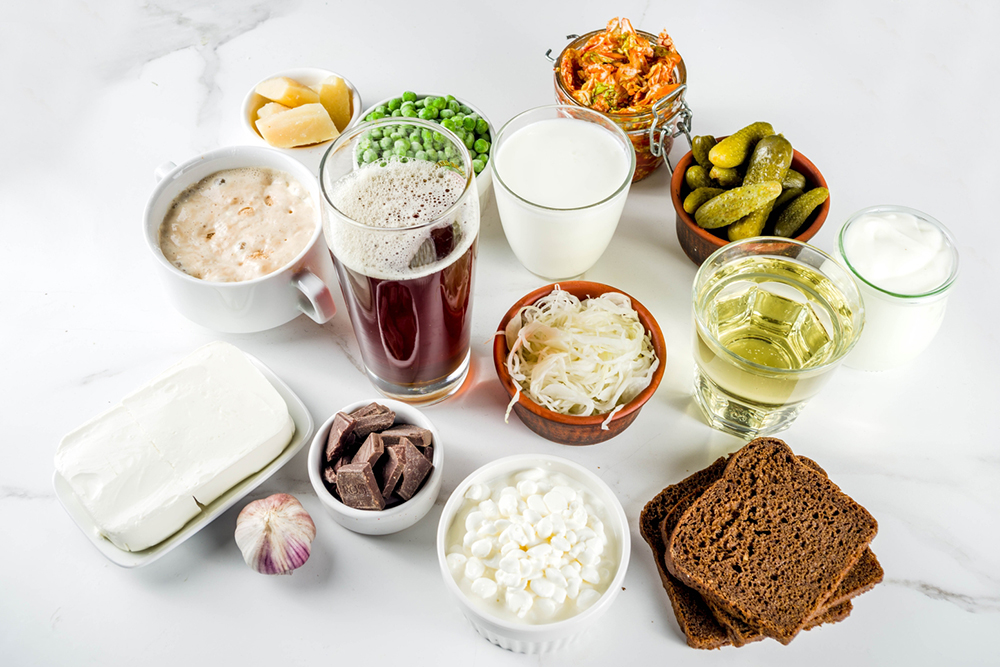Practical Methods to Alleviate Digestive Bloating
Learn effective ways to reduce and prevent bloating with practical dietary and lifestyle tips. Discover how identifying triggers, managing diet, and using natural remedies can help alleviate discomfort and support digestive health.

Practical Methods to Alleviate Digestive Bloating
Experiencing a swollen or distended abdomen after meals is a common issue known as bloating. While usually harmless, ongoing bloating may indicate underlying health concerns. Simple lifestyle routines and dietary modifications can effectively reduce and prevent bloating. Most cases are caused by minor factors such as food sensitivities or overeating, rather than serious illnesses. Bloating results from disrupted gut muscle movements and excess gas buildup, which can be alleviated through targeted strategies.
Ignoring bloating may cause abdominal pressure and a noticeable stomach enlargement. Below are effective tips to reduce bloating and prevent its recurrence:
Identify and steer clear of foods causing allergies or intolerances - Typical triggers include lactose, gluten, fructose, eggs, and wheat. Consulting a healthcare professional can help pinpoint sensitivities.
Follow a low-FODMAP diet - For conditions like IBS, reducing fermentable carbohydrates found in apples, beans, broccoli, garlic, onion, and wheat can alleviate symptoms.
Avoid gas-producing foods - Foods such as beans, lentils, whole grains, and high-fat dishes can increase intestinal gas, contributing to bloating.
Consume smaller, more frequent meals - Large meals can expand the stomach. Smaller, regular meals support digestion and decrease bloating.
Limit carbonated drinks - Fizzy beverages release carbon dioxide, leading to gas buildup. Cutting back on soda and fizzy drinks can help reduce symptoms.
Be mindful of sugar alcohols - Ingredients like sorbitol and mannitol in sugar-free gums and candies may cause gas. Moderation is key.
Use digestive enzyme supplements - Products such as Beano and lactase help digest certain carbs, minimizing bloating.
Address constipation - Adequate fiber, physical activity, and magnesium supplements can prevent constipation-related bloating.
Apply peppermint oil - Natural antispasmodic effects of peppermint oil help relax gut muscles and relieve bloating.
Incorporate probiotics - Certain probiotics support healthy gut bacteria, improving digestion and reducing bloating.
Note: The tips above are intended for general guidance on managing bloating. They do not replace professional medical advice. Consult your healthcare provider for personalized diagnosis and treatment options. The information is for educational purposes and may not cover all health conditions or individual needs.


